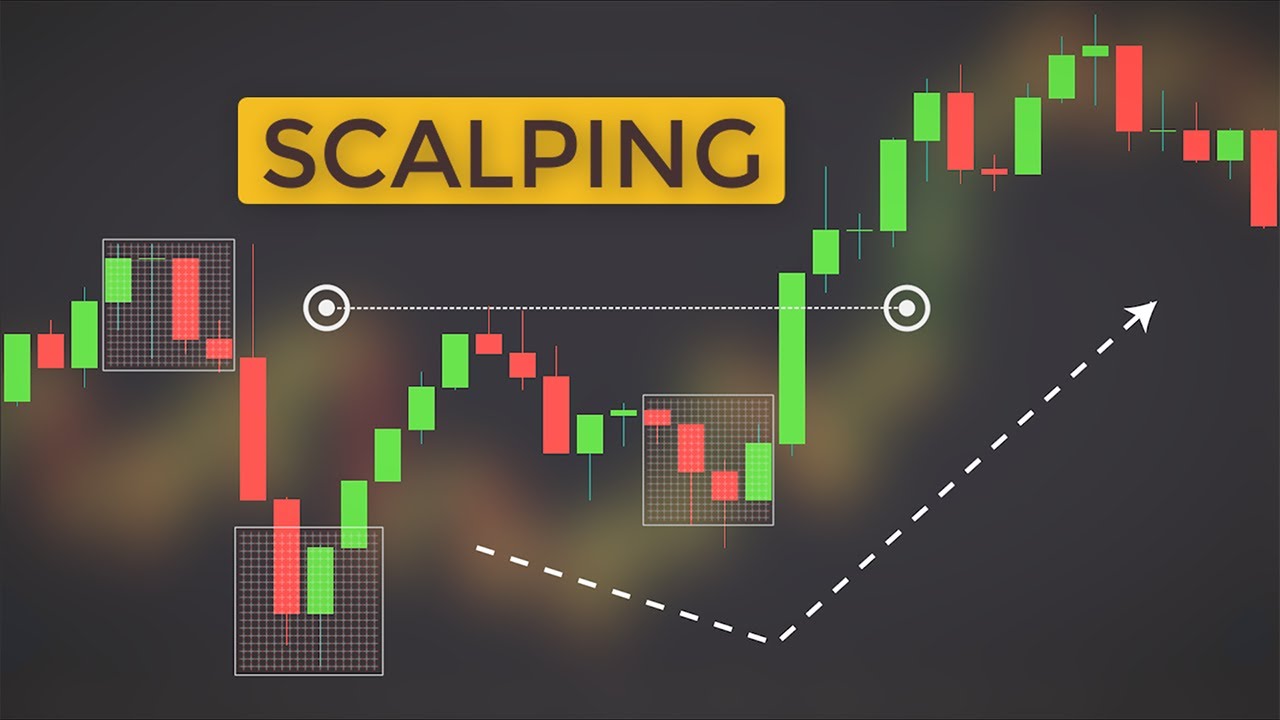Decoding the Trading Matrix: An Insider’s Look at Platforms
In the fast-paced world of financial markets, understanding the intricacies of trading platforms is akin to deciphering a complex matrix. From traditional stock exchanges to modern cryptocurrency markets, these platforms serve as the gateway for traders to buy and sell assets. In this article, we’ll take a deep dive into the world of trading matrices, exploring their evolution, key components, popular platforms, and the future of trading.
Definition of the Trading Matrix
To embark on our journey, it’s crucial to define the trading matrix. In essence, the trading matrix refers to the interconnected web of financial markets, trading platforms, and the technology that facilitates buying and selling activities.
Importance of Understanding Trading Platforms
Why does understanding trading platforms matter? We’ll explore how these platforms influence the trading experience and impact decision-making for both novice and seasoned traders.
Evolution of Trading Platforms
Historical Overview
Taking a trip down memory lane, we’ll explore the evolution of trading platforms. From traditional open-outcry systems to the electronic trading platforms of today, the landscape has undergone significant transformations.
Technological Advancements
Delving deeper, we’ll examine the role of technological advancements in shaping trading platforms. The advent of the internet, algorithmic trading, and the rise of mobile apps have revolutionized the way we engage with financial markets.
Key Components of a Trading Matrix
Market Data Feeds
Understanding market data feeds is fundamental to navigating the trading matrix. We’ll break down the significance of real-time data and how it influences trading decisions.
Order Execution
The execution of trades is a critical component. We’ll explore the mechanics of order execution and the impact of latency on trading outcomes.
Risk Management
Mitigating risks is paramount in trading. We’ll discuss the role of risk management in navigating the unpredictable nature of financial markets.
Popular Trading Platforms
E*TRADE
E*TRADE has been a prominent player in the online trading space. We’ll examine its features, strengths, and areas where it caters to different types of traders.
TD Ameritrade
TD Ameritrade boasts a robust platform with a focus on education. We’ll delve into its tools, resources, and how it caters to investors of varying skill levels.
Robinhood
Robinhood disrupted the industry with its commission-free model. We’ll explore the pros and cons of this platform and its impact on the democratization of trading.
Choosing the Right Trading Platform
User Interface
The user interface plays a pivotal role in the trading experience. We’ll discuss the importance of an intuitive interface for both beginners and experienced traders.
Fees and Commissions
Analyzing the cost structure of trading platforms is crucial. We’ll break down the fees and commissions associated with different platforms and how they impact overall profitability.
Research Tools
Robust research tools are indispensable for informed decision-making. We’ll explore the variety of research tools offered by different platforms and their significance.
Understanding Trading Algorithms
Introduction to Algorithms
Algorithms are the backbone of modern trading. We’ll provide a beginner-friendly introduction to trading algorithms and their role in automated trading.
Algorithmic Trading Strategies
Diving deeper, we’ll explore common algorithmic trading strategies. From trend-following to mean-reversion, understanding these strategies is crucial for traders.
Risks and Benefits
While algorithmic trading offers efficiency, it comes with its set of risks. We’ll examine the potential benefits and pitfalls of incorporating algorithms into trading strategies.
The Role of Machine Learning in Trading
Predictive Analytics
Machine learning facilitates predictive analytics in trading. We’ll discuss how algorithms analyze historical data to make predictions about future market movements.
Pattern Recognition
The ability of machine learning to recognize patterns is a game-changer. We’ll explore how pattern recognition enhances trading strategies and decision-making.
Sentiment Analysis
Analyzing market sentiment is crucial for traders. We’ll delve into how machine learning algorithms interpret social media, news, and other sources to gauge sentiment.
Decoding Cryptocurrency Exchanges
Unique Aspects of Crypto Trading
Cryptocurrency trading brings its own set of challenges and opportunities. We’ll explore the unique aspects of trading in digital assets, including volatility and security concerns.
Security Considerations
With the rise of cyber threats, security is a paramount concern. We’ll discuss the security measures employed by cryptocurrency exchanges to safeguard user assets.
Future Trends
The world of cryptocurrency is ever-evolving. We’ll explore future trends, including the integration of decentralized finance (DeFi) and the potential impact on traditional financial systems.
Trading Psychology and Emotions
Impact on Decision Making
Emotions play a significant role in trading. We’ll examine how psychological factors can influence decision-making and potentially impact trading outcomes.
Strategies for Emotional Discipline
Developing emotional discipline is crucial for long-term success. We’ll provide practical strategies to help traders manage emotions and make rational decisions.
Risks and Challenges in Trading
Market Volatility
The inherent volatility of financial markets poses challenges. We’ll discuss how traders can navigate and even capitalize on market volatility.
Regulatory Changes
Regulatory landscapes are dynamic. We’ll explore how changes in regulations can impact trading activities and the measures traders can take to stay compliant.
Cybersecurity Threats
The increasing frequency of cyber attacks poses a threat to traders’ security. We’ll discuss the cybersecurity measures traders should be aware of to protect their assets.
Tips for Successful Trading
Continuous Learning
The world of trading is dynamic. We’ll emphasize the importance of continuous learning and staying updated on market trends and strategies.
Risk Management Strategies
Effective risk management is the key to long-term success. We’ll provide practical risk management strategies that traders can implement to protect their capital.
Building a Diverse Portfolio
Diversification is a fundamental principle. We’ll discuss the benefits of building a diverse portfolio and how it can mitigate risks associated with individual assets.
The Future of Trading Platforms

Integration of Artificial Intelligence
Artificial Intelligence (AI) is reshaping the landscape of trading platforms. We’ll explore how AI is being integrated and its potential impact on trading efficiency.
Decentralized Finance (DeFi)
The rise of DeFi introduces decentralized alternatives to traditional financial services. We’ll discuss how DeFi is challenging traditional financial systems and its implications for traders.
Predictions and Speculations
Experts provide insights into the future of trading platforms. We’ll explore predictions and speculations on how the industry might evolve in the coming years.
Conclusion
Recap of Key Takeaways
Summarizing the essential points covered in the article. Readers will gain a comprehensive understanding of the trading matrix and its various facets.
Encouragement for Aspiring Traders
Closing with words of encouragement for aspiring traders, emphasizing the dynamic nature of the market and the potential for growth through continuous learning and adaptation.
FAQs :
- Is algorithmic trading suitable for beginners?
Algorithmic trading can be complex, but with proper education and understanding, beginners can gradually incorporate it into their strategies.
- How do I choose the best trading platform for my needs?
Consider factors such as user interface, fees, research tools, and your trading preferences to find the platform that aligns with your needs.
- What role does psychology play in trading success?
Psychology significantly influences decision-making. Developing emotional discipline and awareness is crucial for long-term success.
- Are cryptocurrency exchanges safe?
Security measures vary, but reputable exchanges implement robust security protocols. Always prioritize platforms with a strong security track record.
- How can traders navigate market volatility?
Traders can navigate volatility by employing risk management strategies, staying informed, and adapting their approaches based on market conditions.
- Optimal Gold Trading Broker for Your Portfolio - December 17, 2023
- Top Gold Trading Brokers of the Year - December 17, 2023
- Strategies for Online Gold Trading Success - December 16, 2023







